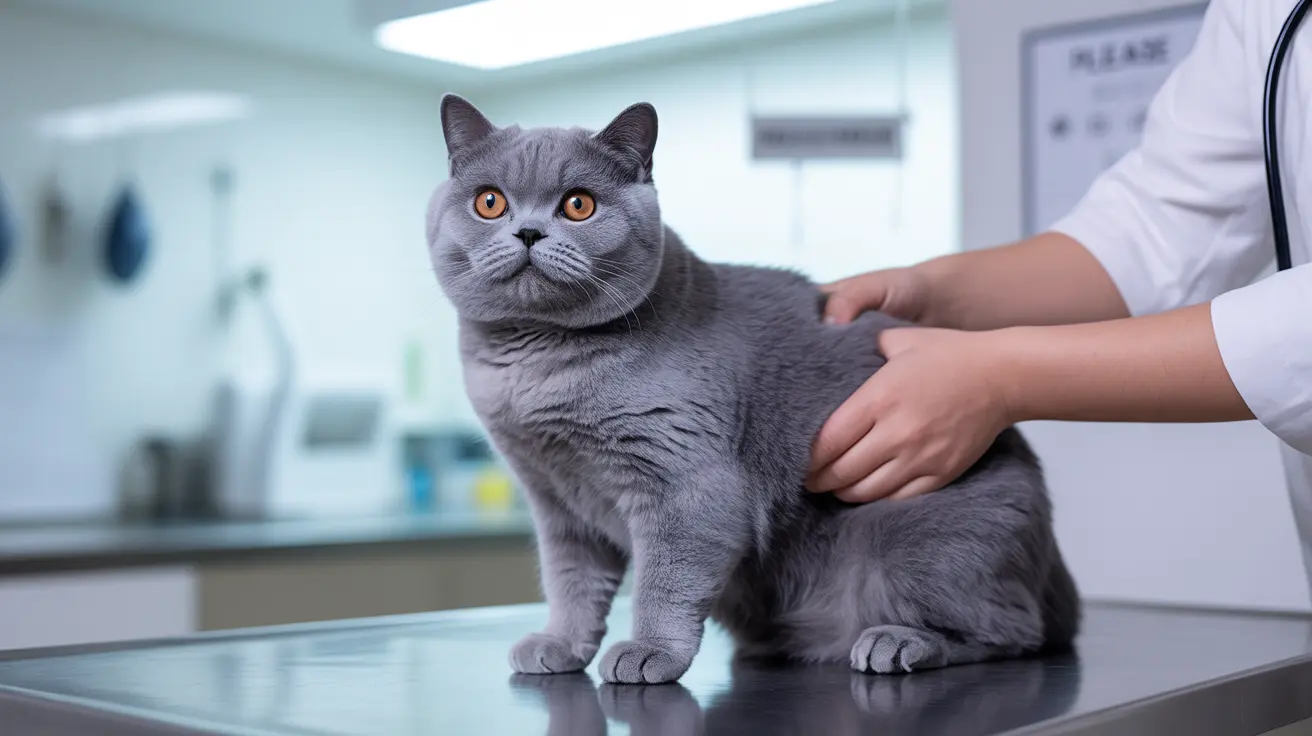Anal gland cancer in cats, while relatively uncommon, represents a serious health concern that requires prompt veterinary attention. This aggressive form of cancer develops in the specialized scent glands located on either side of a cat's anus, and understanding its signs and symptoms is crucial for early detection and improved outcomes.
As a pet owner, recognizing the early warning signs of this condition can make a significant difference in your cat's prognosis. This comprehensive guide will explore everything you need to know about anal gland cancer in cats, from initial symptoms to treatment options and long-term management.
Understanding Anal Gland Cancer in Cats
Anal gland cancer, specifically adenocarcinoma, develops in the specialized secretory cells within the anal sacs. These small glands, normally responsible for producing scent-marking fluid, can develop malignant tumors that tend to grow aggressively and spread to other parts of the body.
While this type of cancer is less common in cats compared to dogs, it typically presents with a more aggressive nature when it does occur, making early detection particularly important.
Key Signs and Symptoms
The initial signs of anal gland cancer can be subtle and may mimic other, more common anal gland problems. Watch for these warning signs:
- Noticeable swelling or lumps near the anus
- Difficulty during defecation or changes in bowel habits
- Excessive licking or attention to the anal area
- Blood-tinged or unusual discharge
- Changes in tail position or discomfort while sitting
- Scooting behavior on the floor
Diagnosis Process
Veterinarians employ several diagnostic tools to confirm anal gland cancer:
- Physical examination and rectal palpation
- Fine needle aspiration of suspicious masses
- Tissue biopsy for definitive diagnosis
- Blood work to check calcium levels and organ function
- Imaging studies (X-rays and ultrasound) to check for spread
Treatment Options and Management
Treatment typically involves a multi-modal approach, depending on the stage and extent of the cancer:
- Surgical removal of affected anal glands and surrounding tissue
- Possible lymph node removal if cancer has spread
- Radiation therapy in some cases
- Chemotherapy for metastatic disease
- Supportive care and pain management
Long-term Prognosis and Care
The prognosis for cats with anal gland cancer varies significantly based on several factors:
- Early detection and treatment initiation
- Size and location of the tumor
- Presence or absence of metastasis
- Overall health of the cat
- Response to initial treatment
Prevention and Monitoring
While there's no guaranteed way to prevent anal gland cancer, regular veterinary check-ups and monitoring can help catch potential problems early. Pay attention to any changes in your cat's bathroom habits or behavior around the anal area.
Frequently Asked Questions
What are the common symptoms of anal gland cancer in cats that I should watch for?
The most common symptoms include swelling near the anus, difficulty defecating, excessive licking of the anal area, blood-tinged discharge, and changes in bathroom habits. Any persistent changes should be evaluated by a veterinarian.
How is anal gland cancer diagnosed in cats, and what tests are typically used?
Diagnosis typically involves a physical examination, fine needle aspiration or biopsy of suspicious masses, blood tests, and imaging studies like X-rays and ultrasound to determine the extent of the disease.
What are the best ways to prevent or reduce the risk of anal gland cancer in cats?
While prevention isn't always possible, regular veterinary check-ups, maintaining good anal gland health through proper diet, and prompt attention to any anal gland problems can help with early detection.
How does anal gland cancer in cats differ from other anal gland disorders, like impaction or infection?
Anal gland cancer is more serious and progressive compared to common disorders like impaction or infection. Cancer typically causes persistent symptoms that worsen over time, while other conditions usually respond to treatment.
What are the most effective treatment options for anal gland cancer in cats, and how does prognosis vary?
The most effective treatment is typically surgical removal of the affected glands, potentially combined with radiation or chemotherapy. Prognosis varies based on early detection, tumor size, and whether the cancer has spread to other areas.






